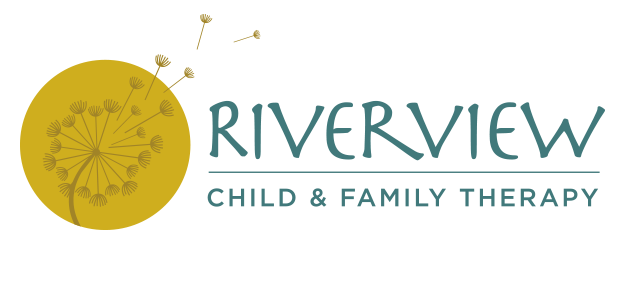I can’t find my red Lego! Ben called me a name! I want juice, not chocolate milk! Kids’ problems seem so trivial. And when we think about all the stress we have to deal with on a daily basis, it is easy to get frustrated if our kids start crying, yelling, or throwing a tantrum when faced with such small problems.
It’s important to remember, however, that these small problems are all our kids know. In fact, it’s quite a blessing that our kids have this level of innocence and do not have to deal with the issues that we, as adults, do. In THEIR world, seemingly minor problems are very real and very big. They haven’t had the opportunity to gain perspective on what a real problem is in OUR world.
If your child tends to overreact, it may be helpful to provide him or her with feedback about what a socially appropriate reaction would look like. Identifying problems as small, medium, or large can help guide a child in choosing an acceptable response and moving on from the event in a timely manner. The chart below is a good starting point, but the problems and expectations will be different for each household. Perhaps you and your child can make a list of common problems they experience and rate them in terms of their severity. In a moment of panic, trying telling your child something like, “Remember, this is a medium problem. Make sure you have a medium reaction.”



